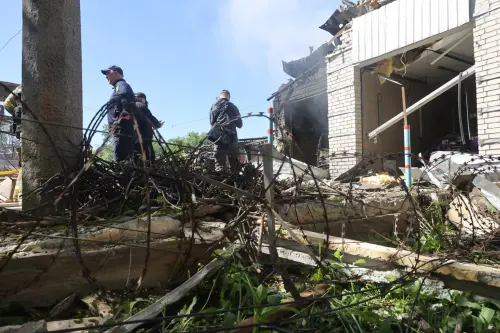The Washington Post asked foreign policy experts for their views on American troops’ pullback from Iraqi cities. Below is Michael O’Hanlon’s contribution.
Violence is not increasing in a strategically significant way. There have been several spikes this year but, in retrospect, all wound up being isolated incidents. Violence levels remain 90 percent reduced relative to pre-surge levels. The country is still quite troubled, but it is no longer in the grips of civil war and is unlikely to return to that sad state. There probably have been extra efforts by extremists to use violence in these recent, momentous days, with the goal of creating a snowball effect by making Iraqi citizens worry that the change in the U.S. role is leading to a security vacuum. But this will probably wind up being seen as nothing but a tragic yet containable set of ruthless bombings, and, in fact, there is no security vacuum. There does not appear to be any ripple effect of attack followed by revenge attack followed by counterrevenge attack, so I believe the extremists are failing.
Only if broad-based sectarian conflict reignites in Iraq are we likely to have a major problem. Admittedly, that could still happen, especially next year as the U.S. drawdown really accelerates — and especially if Iraqis do not make more progress on oil laws, resolution of disputed territories, and further integration of the Sons of Iraq into government in the meantime. At that point, President Obama may have to reconsider the pace of the drawdown (if the Iraqis agree to it).
Finally, people should remember that there is nothing dramatic about June 30: The U.S. drawdown from the cities has been underway for months, and even after June 30 American forces will be able to play measured roles in urban security as required and requested.



Commentary
Op-edU.S. Troops Withdraw From Iraq’s Cities
June 30, 2009